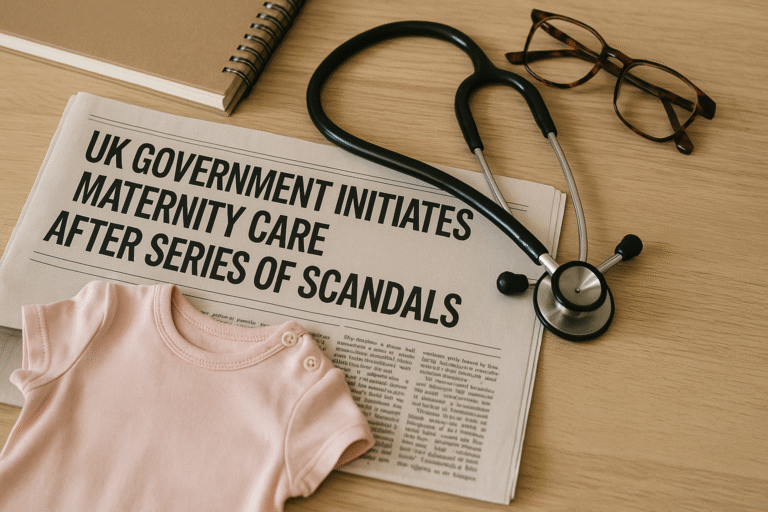The recent decision by a US judge to overturn a key privacy rule related to abortion has sparked significant dialogue and raised concerns about the future of reproductive rights in the United States. The Biden administration’s effort to safeguard privacy for individuals seeking abortions has been met with judicial pushback, highlighting the ongoing tension between federal policies and individual state laws.
This ruling comes amidst a larger national debate surrounding reproductive rights, catalyzed by the Supreme Court’s decision to overturn Roe v. Wade in June 2022. The vacuum created by this landmark reversal has led states to implement a patchwork of laws governing abortion, further complicating the landscape for individuals seeking these services.
The rule proposed by the Biden administration aimed to strengthen the Health Insurance Portability and Accountability Act (HIPAA) protections for reproductive health care, ensuring that personal health information related to abortions and other reproductive health decisions remained confidential. This rule was particularly significant given the increasing number of states enacting laws that could potentially criminalize individuals or healthcare providers involved in abortion services.
At the core of the issue is the balance between a state’s rights to regulate health care within its borders and the federal government’s obligation to protect civil liberties. The Biden administration, recognizing the potential for abuse and discrimination, sought to enact a rule that would limit the disclosure of patients’ reproductive health information without explicit consent, except in cases of medical necessity or as required by other federal laws.
Critics of the judge’s decision argue that overturning this rule places individuals seeking reproductive services at risk. Personal health data could be used against patients or healthcare providers in legal proceedings, particularly in states where abortion is heavily restricted or banned. This not only undermines the doctor-patient relationship but could also deter individuals from seeking necessary medical care out of fear of legal repercussions.
On the other hand, supporters of the judicial ruling assert that the Biden administration’s policy overreached into states’ jurisdiction. They argue that health care regulation, particularly concerning sensitive issues like abortion, should remain primarily a state responsibility. This perspective emphasizes a states’ sovereignty and the belief that each state should have the right to reflect the values and beliefs of its residents through its legislation.
As the debate unfolds, healthcare providers and advocacy groups continue to call for clarity and protection for those involved in reproductive health services. The implications of this ruling are significant. It not only affects the individuals seeking care but also places added pressure on healthcare providers who must navigate an increasingly complex legal environment while striving to deliver care that respects patient confidentiality and autonomy.
Furthermore, this ruling has the potential to widen the existing disparities in reproductive health access across the country. Individuals residing in states with restrictive abortion laws may face additional barriers, as their personal health information could be at risk of exposure or misuse. This contributes to a climate of fear and uncertainty, which can have cascading effects on public health outcomes.
The decision also underscores the critical role that judicial appointments play in shaping policy outcomes in America. As seen with the recent shifts in the Supreme Court, the composition of the judiciary can dramatically influence the interpretation and implementation of laws related to health care and privacy. This has prompted advocacy groups to mobilize, emphasizing the need for elected officials who will protect reproductive rights and prioritize patient privacy.
As we look towards the future, the importance of civic engagement and voter awareness cannot be overstated. The discussions surrounding reproductive rights and health privacy will undoubtedly continue to be central themes in upcoming electoral cycles. Stakeholders from all sectors, including healthcare professionals, policymakers, and rights advocates, must work collaboratively to ensure that policies reflect the diverse needs and values of the population.
In conclusion, the recent judicial decision to overturn Biden’s abortion privacy rule is a critical moment in the ongoing struggle for reproductive rights in the US. It exposes the fragility of healthcare privacy in the current legal climate and highlights the urgent need for comprehensive legislative solutions that protect individuals seeking reproductive health services. As this issue continues to evolve, the voices of those impacted by these decisions must be at the forefront of the dialogue, shaping a future where reproductive health rights are respected and upheld.



